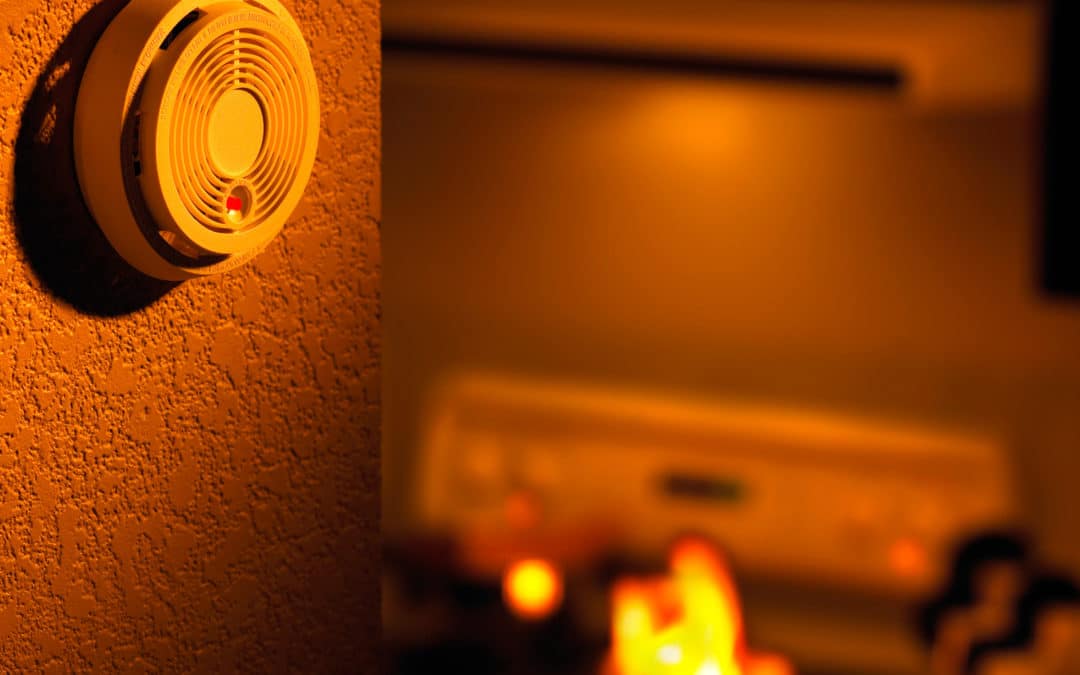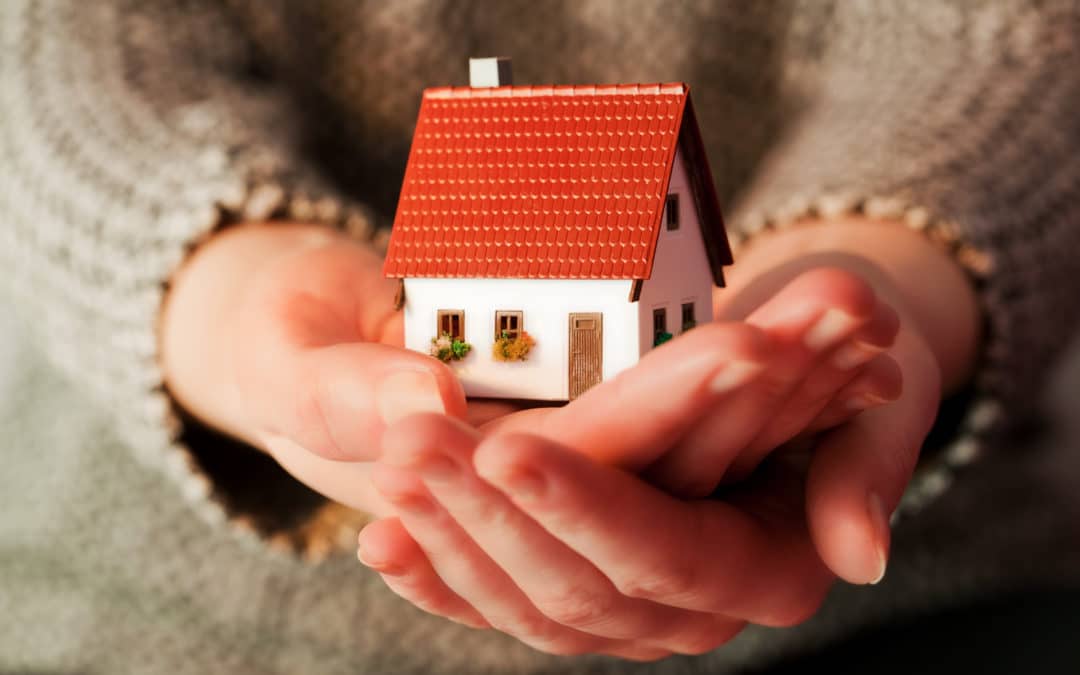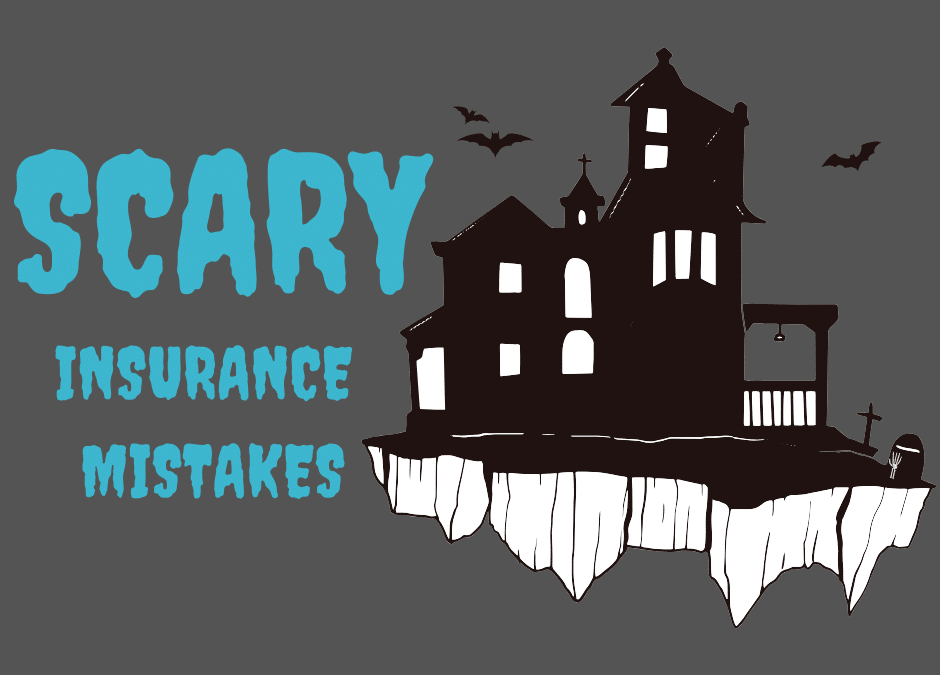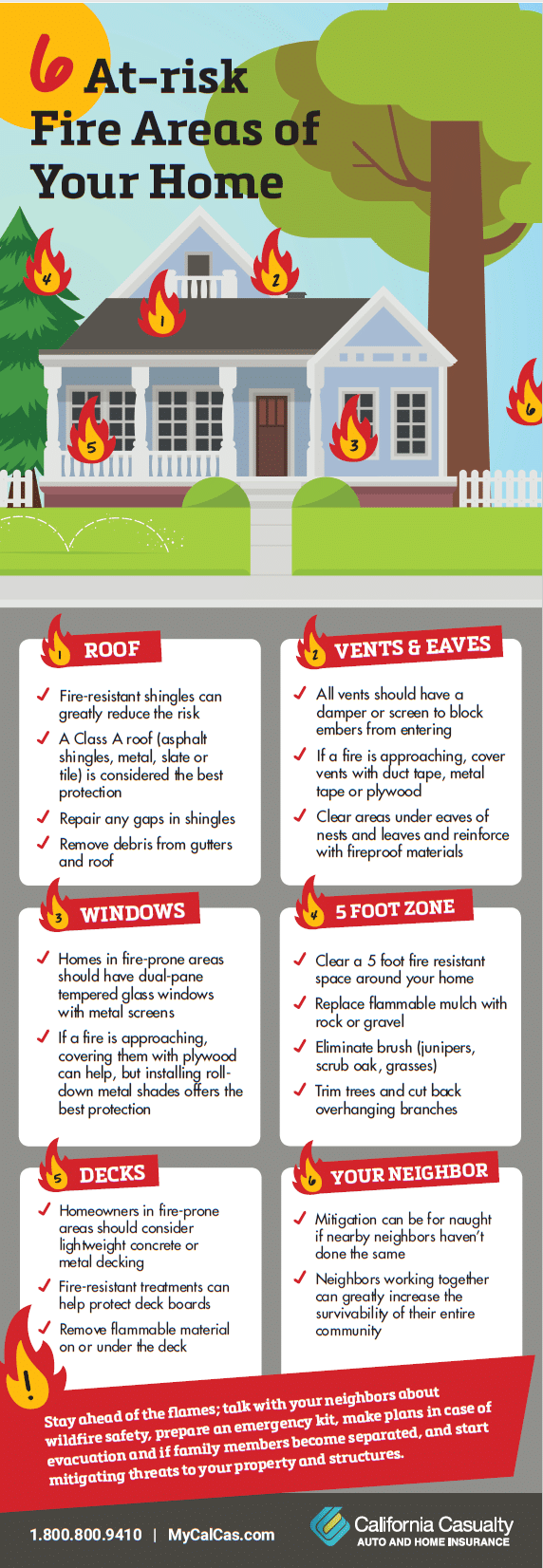
Fire Prevention Tips for the Holidays
As you bustle about getting ready for the holidays, please be careful. Whether you celebrate Christmas, Hanukkah, Kwanzaa or the winter solstice, the season comes with an increased risk. Home fires peak this time of year and the joy of the holiday season can turn tragic if you don’t take these precautions. Here are some Fire Prevention Tips for the Holidays to keep you and your family safe.
In the Kitchen
The majority of home fires start in the kitchen. Whether you are frying a turkey or baking a pie, keep aware and be present. The majority of these fires were caused by leaving something on the stove, in the oven, and placing flammable material too close to a burner. More cooking fires occur during the holiday season than any other days of the year. Please observe these safe kitchen and cooking recommendations:
- Never leave food on the stove or in the oven unattended
- Always keep dishtowels, mitts and other flammables away from burners
- Remove long sleeves or other loose clothing that could come in contact with burners or flames
- Avoid consuming alcohol when cooking
- Keep a fire extinguisher on hand
- Have a lid nearby to smother small grease fires
Holiday Trees and Decorations
Fire departments across the country are warning about the increased danger as we bring in trees and light up our homes. The over the past few years, Christmas trees caused an average of 210 home structure fires, with most occurring during the month of December. The incidence of candles caused fires also escalates during the holidays.
Here are some important tips to prevent holiday fires
- Make sure real trees are fresh and needles don’t fall off when touched
- Cut two inches from the base of the trunk and immediately put it in a stand with water
- Add water every day
- Keep trees at least three feet from any heat source (fireplaces, space heaters, candles, heat vents)
- Check artificial trees for a “fire-resistant” label
- Use lights that have the label of a recognized testing laboratory (UL)
- Always turn off tree lights before going to bed or leaving home
- Never use candles to decorate a tree
- If you use real candles around the home, keep them 12 inches away from anything that can burn and always blow them out when you leave a room or go to bed
- Don’t use frayed or damaged electrical cords
- Never connect more than one extension cord and make sure they are not stretched
California Casualty wants everyone to have a safe and happy holiday.
Related Articles:
5 Proven Tips for Fighting Winter Fires
What You Need to Know About Smoke Detectors & House Fires
Guest Blog: Tips for Homeowners and Renters from a Fire Prevention Officer
This article is furnished by California Casualty, providing auto and home insurance to educators, law enforcement officers, firefighters and nurses. Get a quote at 1.866.704.8614 or www.calcas.com.






